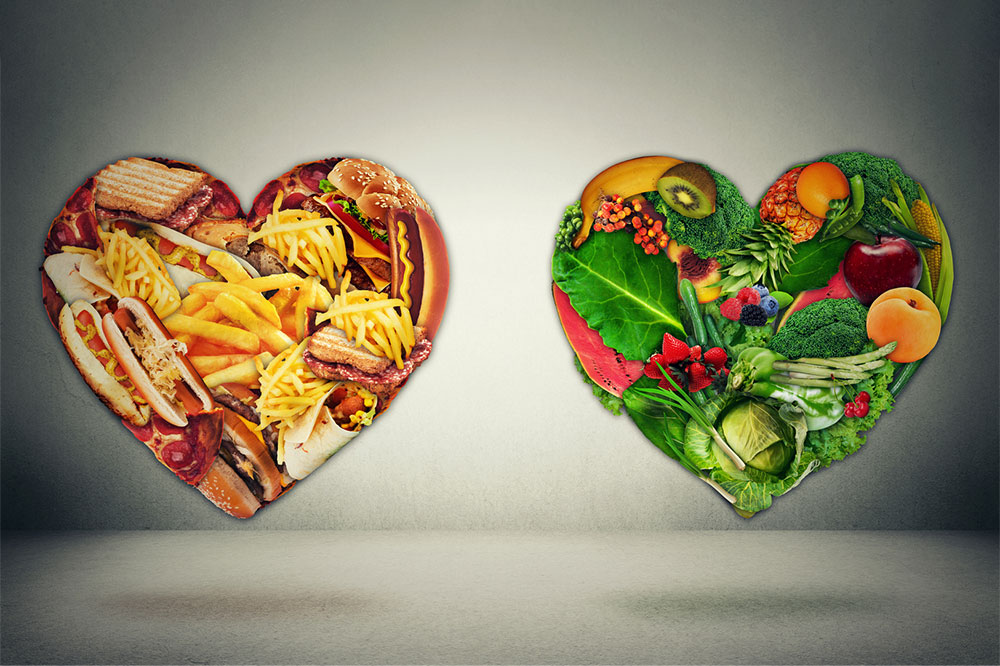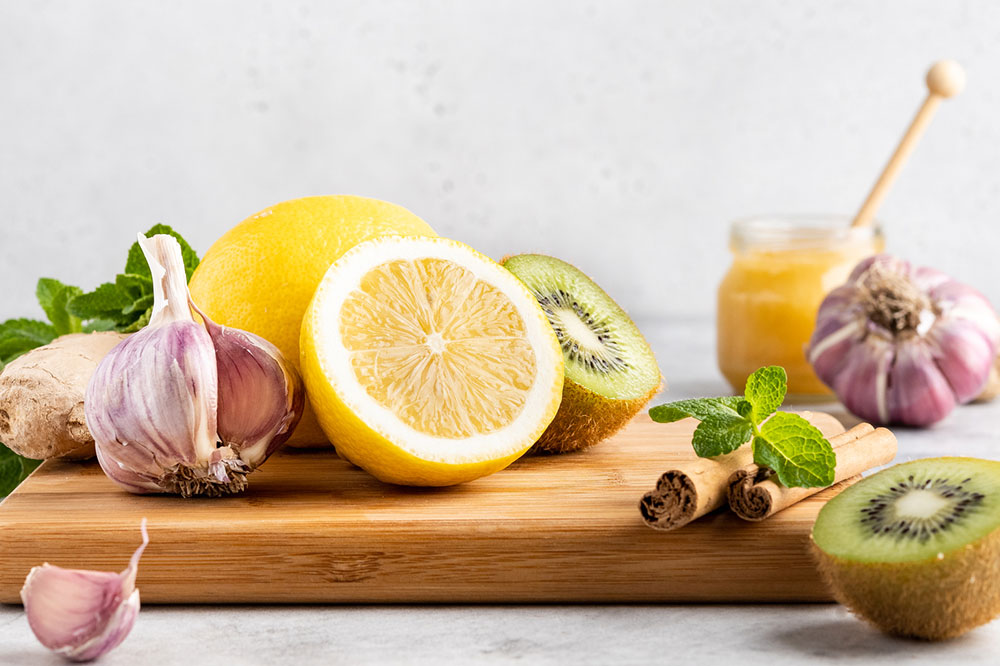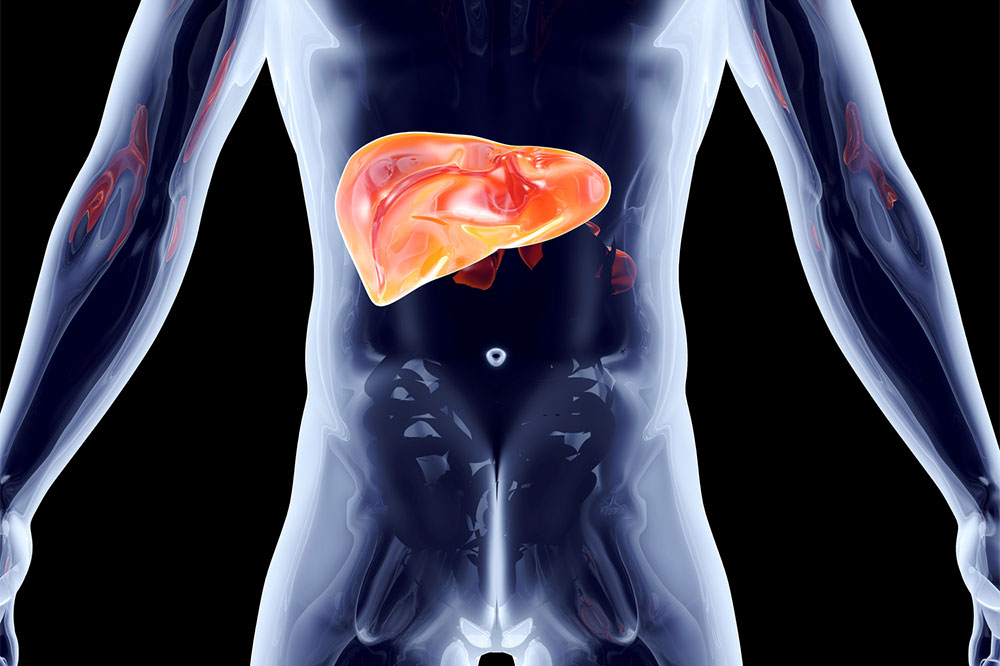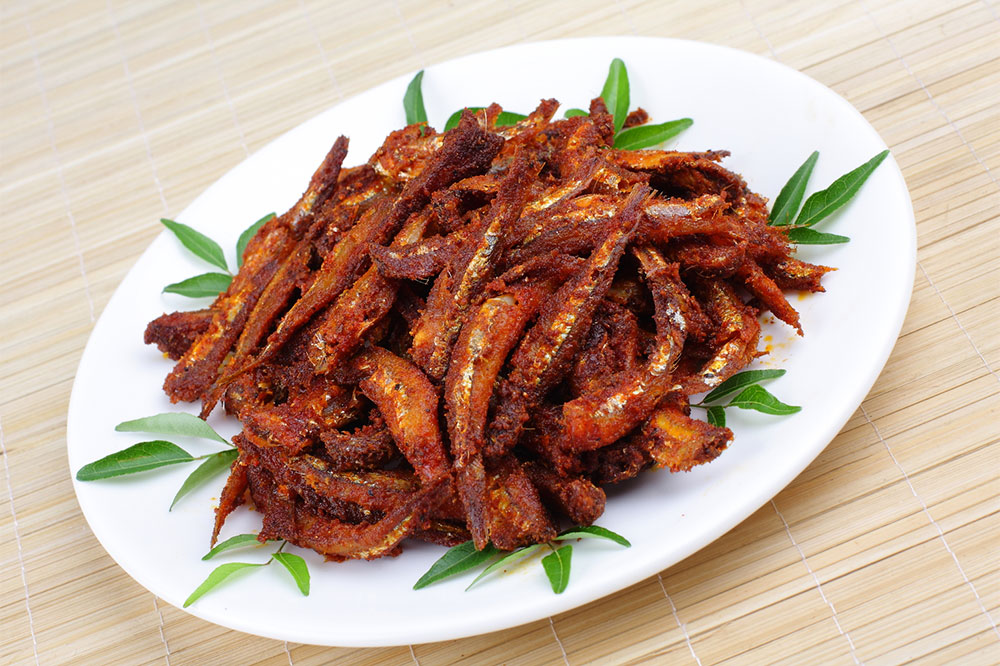12 toxic foods to keep away from pets
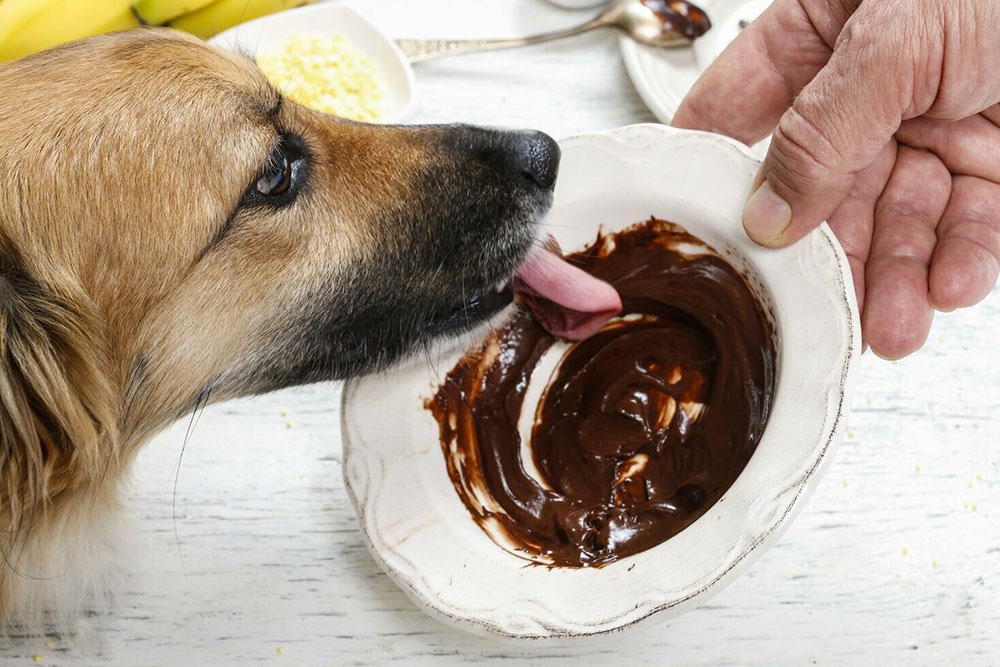
Caring for a furry companion extends beyond cuddles and playtime; it demands an acute awareness of their food safety. Understanding the hazardous foods that may threaten their well-being is fundamental to responsible pet ownership. As devoted pet owners, providing them with a life free from harm is imperative, and this begins with what they consume. The unsuspecting foods listed herein carry the potential for grave consequences, ranging from gastrointestinal distress to life-threatening conditions.
Chocolate
Chocolate contains theobromine, a compound that pets metabolize slowly, leading to a build-up in their system. Even a small amount can cause symptoms like vomiting, diarrhea, rapid breathing, and, in severe cases, seizures and cardiac issues.
Onions and garlic
Whether raw, cooked, or powdered, onions and garlic contain compounds that can lead to hemolytic anemia in pets. This condition can be life-threatening, as it destroys red blood cells.
Grapes and raisins
Grapes and raisins have been linked to kidney failure in dogs, although the exact reason remains unclear. Some pets may be more sensitive to these fruits than others. To be safe, it’s best to avoid them altogether.
Avocado
Avocados contain a compound called persin, which can be toxic to pets. Birds, rabbits, and large animals are particularly susceptible. Symptoms may include difficulty breathing, fluid accumulation around the heart, and, in severe cases, death.
Xylitol
Xylitol, a sugar substitute found in sugar-free gum, candy, and some baked goods, can cause a rapid release of insulin in dogs. This leads to hypoglycemia, which can result in seizures, liver failure, and, in severe cases, death.
Caffeine
Caffeine in coffee, tea, energy drinks, and some medications can be highly toxic to pets. Ingestion can lead to restlessness, rapid breathing, increased heart rate, and, in severe cases, tremors or seizures.
Salt
Excessive salt intake can lead to sodium ion poisoning in pets. Symptoms may include vomiting, diarrhea, tremors, and even seizures. Avoid feeding pets foods high in salt content, such as processed snacks and certain human foods.
Dairy products
While dairy products like milk and cheese may seem harmless, many pets are lactose intolerant. Intake of dairy products might lead to gastrointestinal upset, including diarrhea and stomach cramps. It’s best to offer lactose-free alternatives if pet parents want to treat their pet to dairy.
Mushrooms
Certain varieties of mushrooms can be toxic to pets. Ingestion can lead to symptoms ranging from gastrointestinal upset to more severe neurological issues. It’s best to err on caution and avoid feeding pets mushrooms altogether.
Nuts
Almonds, walnuts, and pecans contain high amounts of fats and oils. The fats can cause diarrhea, vomiting, and even pancreatitis in pets.
Plums
The pits or seeds of these fruits can cause intestinal blockages or obstructions if ingested by pets. In addition, certain compounds in persimmons can be toxic. It’s best to remove the seeds before offering these fruits to the pet.
Raw eggs
Feeding pets raw or undercooked eggs, meat, or fish can lead to foodborne illnesses caused by harmful bacteria like Salmonella or E. coli. Cooking these foods is essential to ensure they are safe for consumption.
